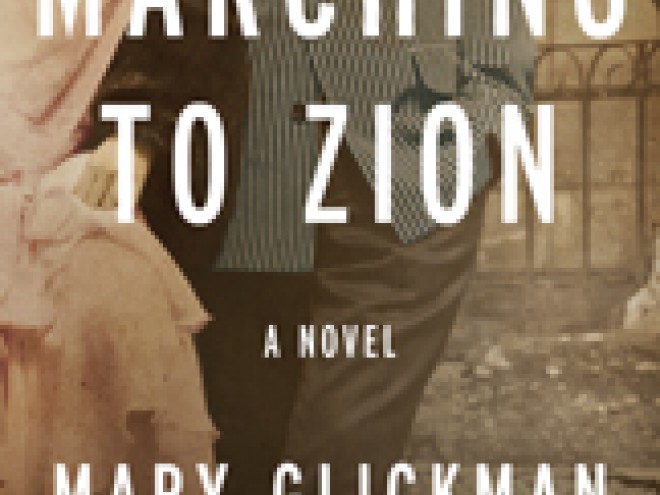Mary Glickman, whose previous work was a finalist for a National Jewish Book Award, has set her fifth novel in her adopted home state of South Carolina. She keeps the reader close to her main characters, the Beckers, a young, secular Jewish couple from Boston. During the summer of 1996, Abigail and Joe take a trip to Sweetgrass Island, where Abigail has inherited a house. Upon their arrival, they decide to explore beyond their gated community, where most of the neighbors are retirees.
Abigail is a teacher, and Joe, a children’s book author. They are both music lovers, and soon they venture out to Declan’s, the local pub, to enjoy the bands and meet the locals. Country song lyrics are sprinkled throughout the narrative (and even appear in the book’s title). When Abigail enters the pub in shorts and a halter top, she unintentionally draws the lustful attention of the men — especially the charming womanizer Billy Euston, a master barbeque chef who later supplies Abby with a joint. The narrator observes, “Her redneck friend; that’s what Billy Euston was going to be.”
Glickman makes Billy’s character more complex than any other. In fact, the least developed character seems to be Abigail, whose main attribute is her beauty; she’s constantly viewed through Billy’s gaze. That being said, her inner turmoil does surface late in the story.
Billy is surprised to learn that Joe and Abigail are Jewish. “They often told people they didn’t eat pork on religious grounds,” the narrator explains, “but the truth was, they stayed at a B&B on a farm once in Connecticut and bonded with the piglets there … Essentially, they were anodyne Jews, reflexively supporting Israel and buying a box of matzos at Passover … ”
Glickman’s description of the landscape is gorgeous and evocative. We learn about the island’s history, especially through the eyes of Black residents, who descended from former enslaved people. Black and white residents coexist comfortably on the island, and many are in interracial relationships. The author, originally from south of Boston and a Jew by choice, has lived with her family for many years near Charleston.
Halfway through the book, the plot takes an unexpected and slightly jarring turn. The focus shifts from exploring deeply troubled relationships to solving a murder. However, following Joe’s character as he gains self-confidence and faces major personal challenges makes the journey worth it.
Nina Schneider, MFA, is a writer and retired English and Media Studies professor based in the Boston area.





